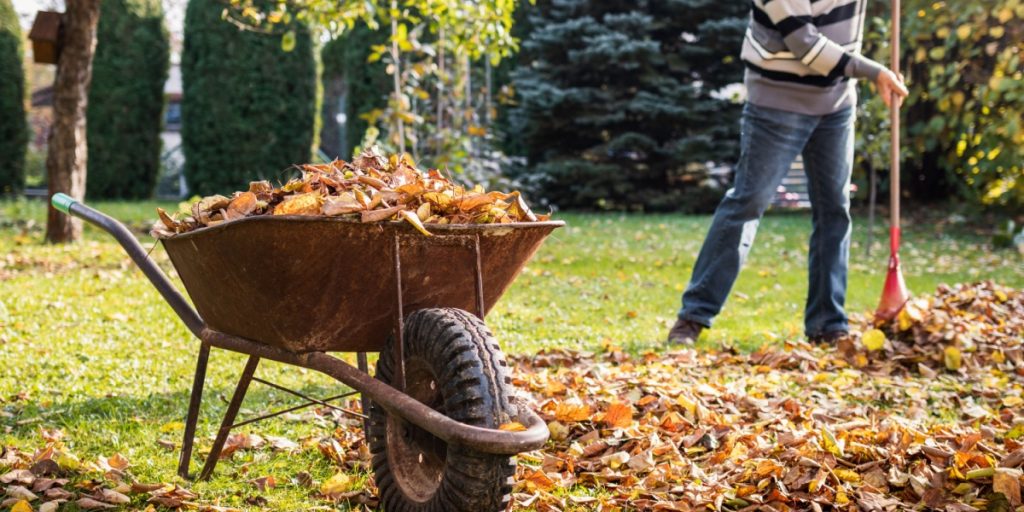It’s not just for your kitchen.
Others are reading now
Known primarily as a kitchen staple, black pepper may also play a powerful role in protecting your plants, according to experts cited by The Express.
Whether you’re dealing with aphids, sawflies, or mold, this common spice might offer a chemical-free solution.
Natural pest control
Black pepper acts as a natural pesticide, targeting pests like sawflies and caterpillars without affecting other wildlife or polluting groundwater.
A study from the University of Ottawa found that pepper was more effective than some synthetic pesticides, killing insects within 24 hours.
It also has antibacterial and antifungal properties, making it useful for fighting mold in greenhouses or preventing bacterial infections in garden soil.
Also read
How to use it in your garden
Experts recommend mixing black pepper into the soil around affected or vulnerable plants. The plant will absorb its compounds, offering internal and external protection.
This method strengthens plant immunity and helps ward off pathogens naturally.
For pest issues, including aphids, black pepper oil has also proven potent.
A 2021 study in the journal Molecules showed it killed up to 80% of green peach aphids, a resilient and widespread pest.
Unlike chemical pesticides, pests are less likely to develop resistance to black pepper.
Also read
It’s safe for pets, humans, and the environment, offering a low-cost, accessible alternative for gardeners.


